A strategic mineral agreement between the European Union (EU) and Rwanda has sparked controversy. This deal is aimed at securing a supply of essential minerals required for the production of clean technologies, such as solar panels and electric vehicles, by importing these resources from Rwanda to the EU. Months later, the EU signed another agreement with Serbia to import lithium, focusing on sustainable raw materials, battery value chains, and electric vehicles. These agreements are part of the EU's broader raw materials diplomacy, aimed at ensuring the supply of critical raw materials. To date, the EU has formed partnerships with 14 countries to support its transition from fossil fuels to renewable energy and clean technology. While the text-book definition of diplomacy is traditionally understood as a tool for preventing conflict, the EU's approach to raw materials “diplomacy” would create more issues than it should resolve.
A Messed-Up Diplomacy
The 3TG metals (tin, tungsten, tantalum, and gold), often referred to as Blood minerals, along with other significant minerals from the Democratic Republic of the Congo (DRC), have fuelled one of the deadliest conflicts since World War II. Lithium, found in great amounts in Serbia, which is essential for the global transition to sustainable and clean energy, plays a key role, particularly in the production of batteries for electric vehicles. Given their importance, minerals have consistently been a source of conflicts and controversies. For instance, giant corporations such as Apple have faced criticism for allegedly using blood minerals sourced from the war-torn DRC.
The EU’s recent mineral deal with Rwanda has sparked widespread outrage, with critics accusing the EU of facilitating the smuggling of blood minerals from the DRC through Rwanda. It is already noted that Rwanda exports more processed and manufactured minerals than it actually mines domestically, meaning that large quantities of resources such as coltan and gold are illicitly transported from the conflict areas in DRC into Rwanda before entering global supply chains. Additionally, Rwanda has been accused of playing a significant role in the ongoing conflict across its border by supporting the M23 rebel group. Congolese President Felix Tshisekedi, whose military forces are engaged in combat against the M23 group, condemned the EU-Rwanda agreement shortly after its signing, describing it as “a provocation in very bad taste.” Since the establishment of this deal, M23 fighters with alleged ties to Rwanda have reportedly expanded their control over mineral-rich regions in eastern Congo.
The EU itself has previously criticized Rwanda for its involvement in the conflict in the DRC. “The EU firmly condemns Rwanda’s support to M23 and Rwanda’s military presence in Eastern DRC, as revealed in the UN Group of Experts reports. The EU reiterates its urgent demand that Rwanda withdraws its troops from Eastern DRC, ceases immediately all support to M23 and uses all the means at its disposal to pressurize the group to comply with the decisions taken under the framework of the Nairobi and Luanda processes.” Rwandan President Paul Kagame himself has acknowledged that Rwanda serves as a transit hub for smuggled Congolese minerals and has suggested that the international community is fully complicit in this global supply chain fraud. This implies that the EU cannot deny allegations against Rwanda because at the first place the bloc itself condemned these actions in which it is currently complicit in.
The EU’s mineral deal with Serbia is also not guilt-free. Serbia is home to one of the world’s largest lithium deposits, with the Jadar Valley estimated to contain 200 million tonnes of lithium-borate ore. This deposit is expected to produce 58,000 metric tons of lithium by 2030, potentially meeting 10% of the global demand and enabling the production of 1.1 million electric vehicles annually. However, this deal has sparked controversy for several reasons. Under the leadership of President Aleksandar Vucic, Serbia has experienced a decline in democratic governance. Freedom House rated Serbia 57 out of 100 in 2023, categorizing it as “partly free.” Given Serbia’s ongoing struggles with its EU candidacy due to concerns over human rights and democratic standards, the EU is accused of Hypocrisy since critics are concerned that this new strategic partnership might not establish a robust regulatory framework to ensure responsible mining practices in the country.
The EU’s partnership with Serbia would not only spark concern among human rights and democracy advocates within EU member states but has already caused outrage among Serbians themselves. In 2017, the mining giant Rio Tinto received a permit to develop the Jadar lithium deposit, five years after Aleksandar Vucic came to power. However, this permit was revoked in 2022 following widespread public protests. Despite the backlash, the EU is pushing forward with the same project seven years later. Many Serbians fear that Vucic’s partnership with the EU will only bolster his autocratic rule. These concerns are not unfounded, as Vucic is widely regarded as one of Russia’s favoured leaders in the Balkans. His alignment with both Russia and the EU allows him to have the best of both worlds, further emboldening his power in the face of his people and the EU itself. By supporting Vucic, the EU risks creating an Erdogan-like model from Vucic; a leader of an EU candidate country whose autocratic tendencies can’t be challenged by the EU given the leverage he holds in his hands.
What Else to Expect?
Beyond critics that have already been levied against minerals deals inked by the EU with Rwanda and Serbia, expected concerns are also taken into consideration. While the EU promotes its raw materials diplomacy as a cornerstone of its green transition, the mining practices it supports for financial gain are contributing to environmental degradation in regions both near its borders in Serbia and as far away as the DRC. The Jadar Valley, one of Serbia’s most densely populated rural areas with around 18,000 residents who rely on agriculture, faces significant threats from planned mining activities. These projects would not only degrade the environment but also force the relocation of entire villages.
In the DRC, reports have uncovered that industrial cobalt mining is causing severe environmental and human health impacts, challenging the narrative of ‘clean’ and ‘sustainable cobalt.’ The toxic pollution from these mining operations has been linked to violations of the right to a clean, healthy, and sustainable environment for communities living near the world’s largest cobalt and copper mines. The pollution has particularly detrimental effects on the gynaecological and reproductive health of women and girls, leading to irregular menstruation, urogenital infections, frequent miscarriages, and, in some cases, birth defects. These findings highlight the broader environmental concerns associated with mining practices in which the EU is complicit, leading to environmental degradation, health impacts, and overall future instability in affected regions.
While migration might not immediately come to mind when discussing mining and mineral extraction, it is an issue that should be anticipated. The DRC is one of the primary sources of emigrants to the EU. In 2019, the DRC ranked seventh among countries with the highest proportion of refugees relative to their populations, with Belgium being the most popular destination for Congolese emigrants. In the eastern provinces of the DRC, where mining activities take place, armed conflict and insecurity have long been the main drivers of large-scale displacement. This situation has worsened since mid-2022 due to a resurgence in armed group activity, leading to internal unrest and regional instability.
The issue is not only about Congolese nationals fleeing to the EU but also concerns the significant internal displacement within the country. In 2023, estimates indicated that approximately 6,947,295 internally displaced persons (IDPs) were in the DRC, with most having fled the conflict-ridden eastern regions. While the situation is already dire, the EU’s recent deal with Rwanda is expected to exacerbate these issues. Rwanda has consistently supported the M23 rebel group, which is largely responsible for fuelling the conflict in the eastern provinces, where mining and mineral smuggling occur. Although Rwanda’s actions have previously been condemned by the EU and the international community, this new agreement could lend quasi-legitimacy to Rwanda’s practices, emboldening its actions. As a result, the conflict may intensify, leading to an increase in both refugees fleeing to the EU and the number of IDPs within the DRC.
Furthermore, studies on the impact of mining on stability in both Serbia and the DRC suggest that mining is these areas is likely to create conflicts. The studies highlight concerns about the divide between economic interests and societal values, the unequal distribution of profits, and various ethical and health issues. Mining offers significant profit opportunities for a select few, while stripping the majority of the chance to live a decent life. This disparity exacerbates tensions and divisions within society which means that instability and insecurity in the two states is likely to ensue as a negative externality of mining activities. The EU, as a foreign actor involved in these mining processes, is increasingly viewed as a threat to stability in both Serbia and the DRC. In the DRC, foreign exploitation of minerals has persisted for centuries, leading to severe division and conflict in the region. In Serbia, the large-scale exploitation of minerals by foreign companies began more recently, following the discovery of significant lithium deposits in 2004.
The resulting instability is expected to extend beyond national borders, particularly in Serbia. The unresolved issue between Kosovo and Serbia remains one of the most contentious legacies of the Former Yugoslavia’s disintegration. The Belgrade-Pristina dialogue, the EU’s diplomatic effort to resolve the dispute, remains a channel for negotiations. However, as the West relies on Serbia for its lithium, President Vucic may leverage this dependence in future negotiations against Kosovo, mediated by EU leaders.
The conflict between Kosovo and Serbia has a history of intense violence, most notably during the 1999 NATO intervention, which involved 75 days of airstrikes against Serbia until then-President Slobodan Milosevic was forced to sign an agreement ending the war. Although border tensions between Kosovo and Serbia flared up again in 2021 and 2022, they were less intense but nonetheless demonstrated the EU’s failure in resolving the conflict. With Serbia’s Vucic now backed by Russia and maintaining good relations with the West, the question arises whether NATO would intervene again in the event of Serbian aggression against Kosovo to prevent potential instability in the Western Balkans.
Accordingly, while the EU is advertising for its raw materials diplomacy as a better option for the future, it seems that this diplomacy is going to result in more than one problem. Issues range from environmental degradation, to migration and internal displacement, to instability and even wars. These negative externalities would not only reach non-EU countries who would suffer from them but also the European bloc itself who, besides any other potential losses, would have to endure a considerable moral cost.
References
Commission, European. “Press Corner.” European Commission, 2024. https://ec.europa.eu/commission/presscorner/detail/en/ip_24_822
Council, European. “Democratic Republic of the Congo (DRC): Statement by The …” European Council, 2023. https://www.consilium.europa.eu/en/press/press-releases/2023/07/07/democratic-republic-of-the-congo-drc-statement-by-the-high-representative-on-behalf-of-the-european-union
House, Freedom. “Serbia: Freedom in the World 2024 Country Report.” Freedom House, 2023. https://freedomhouse.org/country/serbia/freedom-world/2024
Hub, African. “X.Com.” X (formerly Twitter), 2024. https://x.com/AfricanHub_/status/1770778081369715024
Manojlovic , Borislava, and Espoir Kabanga . “Extractivism and Conflict: Comparative Study of Serbia and the DRC .” The Journal of Social Encounters, 2023. https://digitalcommons.csbsju.edu/cgi/viewcontent.cgi?article=1162&context=social_encounters
Migration, International Organization of. “DRC – Countrywide Displacement Overview (October 2023).” DRC – Countrywide Displacement Overview (October 2023) | Displacement Tracking Matrix, 2023. https://dtm.iom.int/reports/drc-countrywide-displacement-overview-october-2023
Migrator, Ngala Killian. “Apple Faces Allegations of Using ‘blood Minerals’ from War-Torn Democratic Republic of the Congo.” Down To Earth, 2024. https://www.downtoearth.org.in/africa/apple-faces-allegations-of-using-blood-minerals-from-war-torn-democratic-republic-of-the-congo-95885
Morina, Engjellushe. “Finding Friends: Europe, Serbia, and the Lithium Catalyst.” ECFR, 2024. https://ecfr-eu.cdn.ampproject.org/c/s/ecfr.eu/article/finding-friends-europe-serbia-and-the-lithium-catalyst/?amp
Tinto, Rio. “Jadar.” Rio Tinto, 2022. https://www.riotinto.com/en/operations/projects/jadar
Zainab. “New Report Exposes the Environmental and Human Costs of DRC’s Cobalt Boom.” RAID, March 27, 2023. https://raid-uk.org/report-environmental-pollution-human-costs-drc-cobalt-demand-industrial-mines-green-energy-evs-2024/
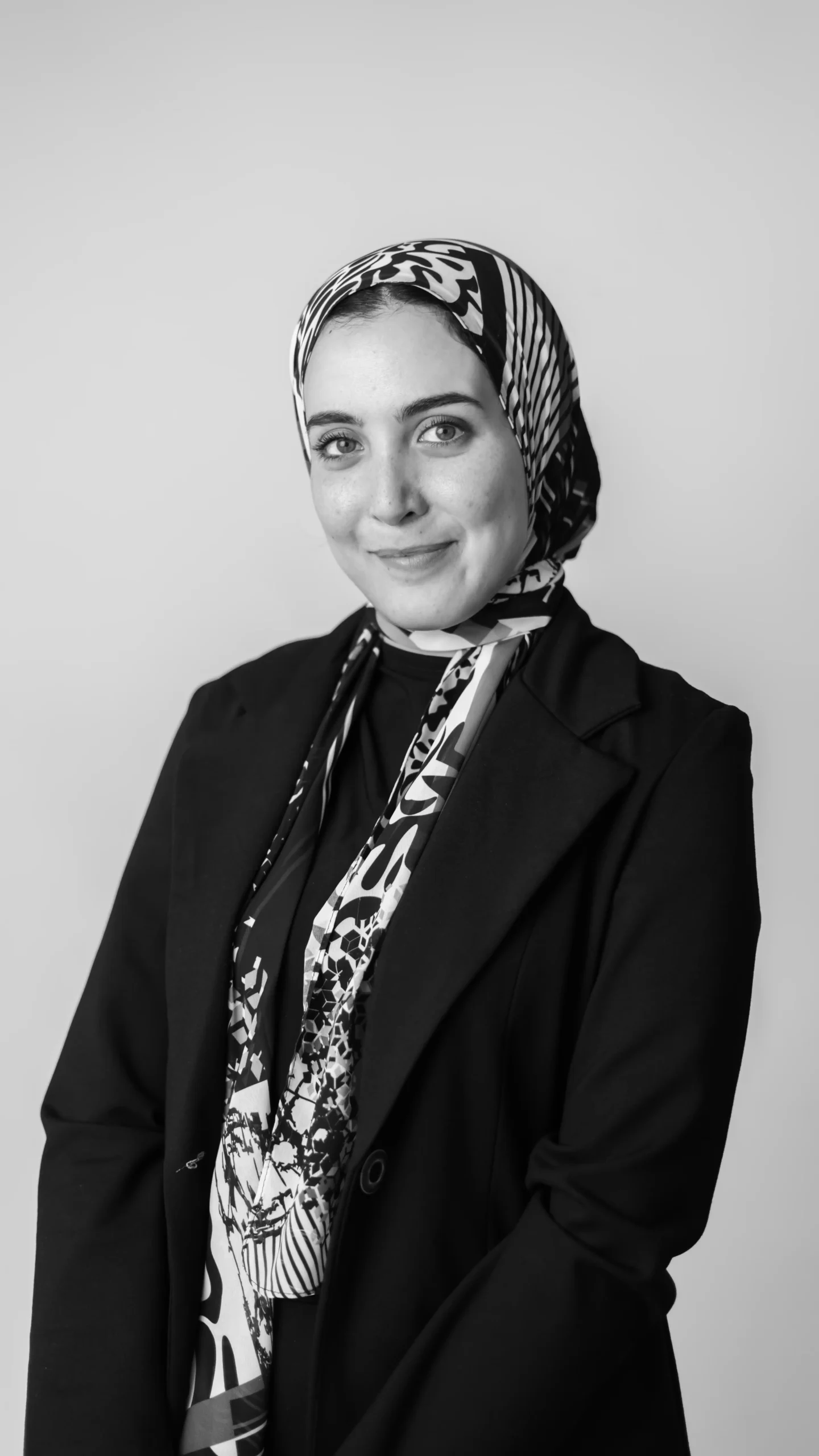


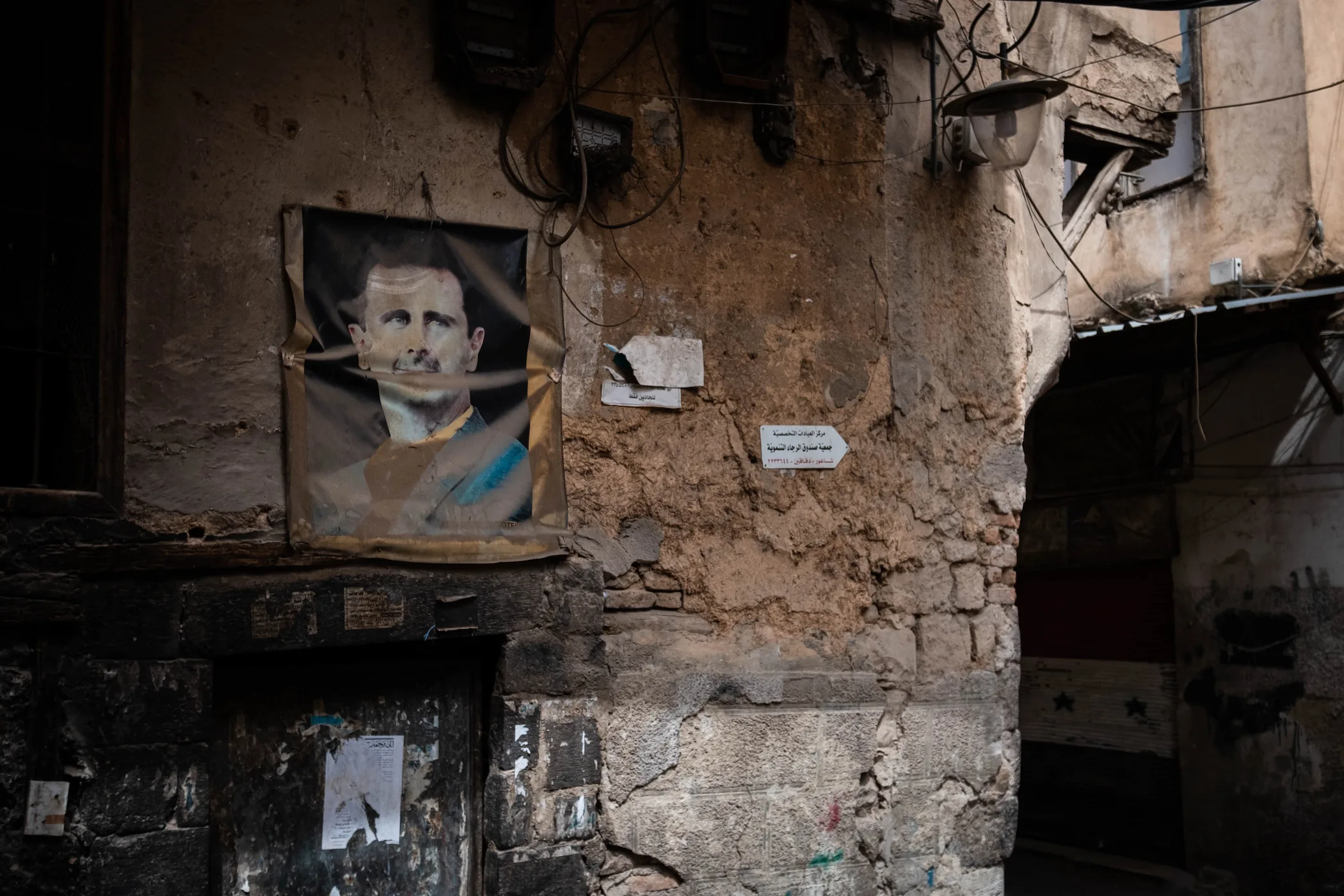






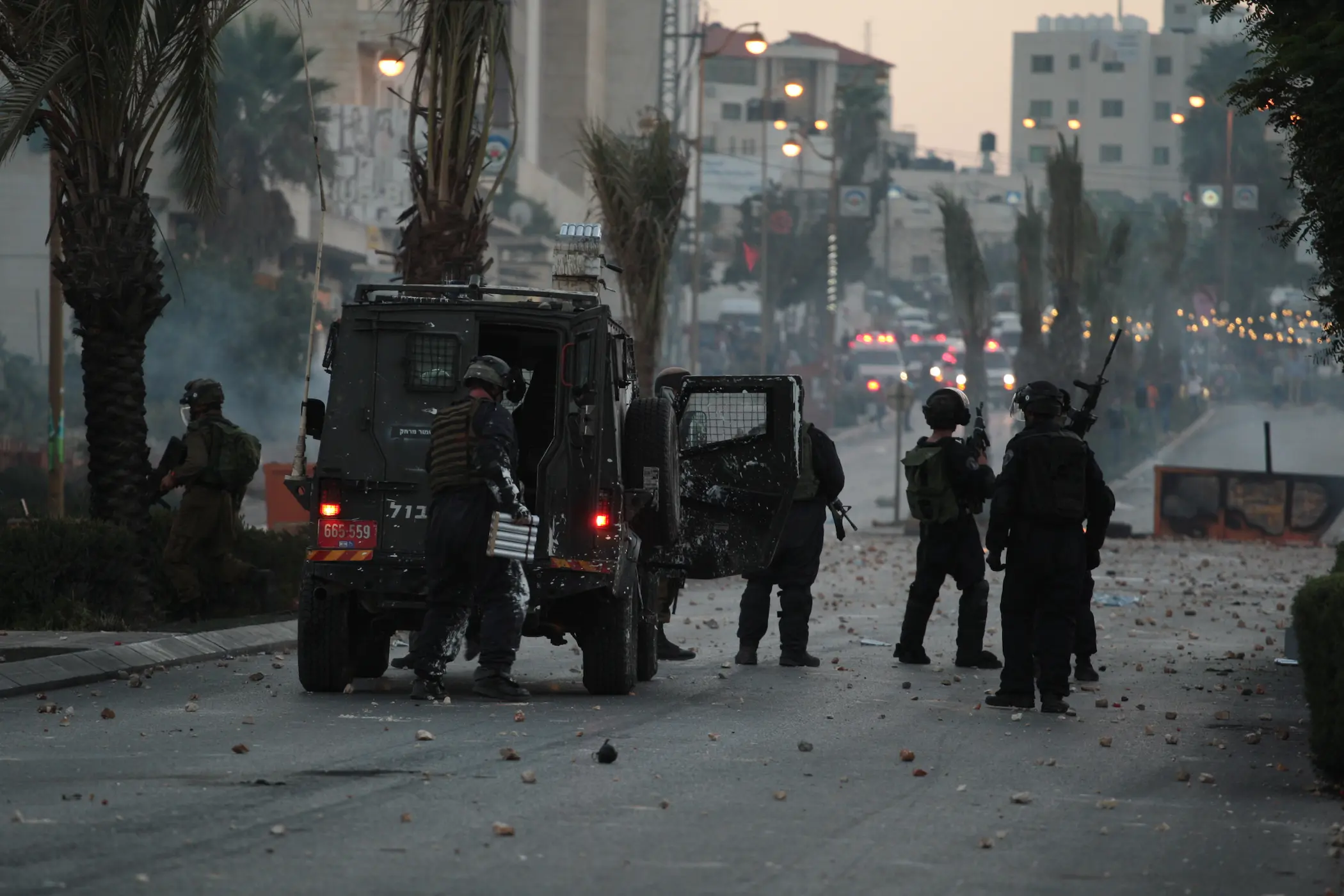







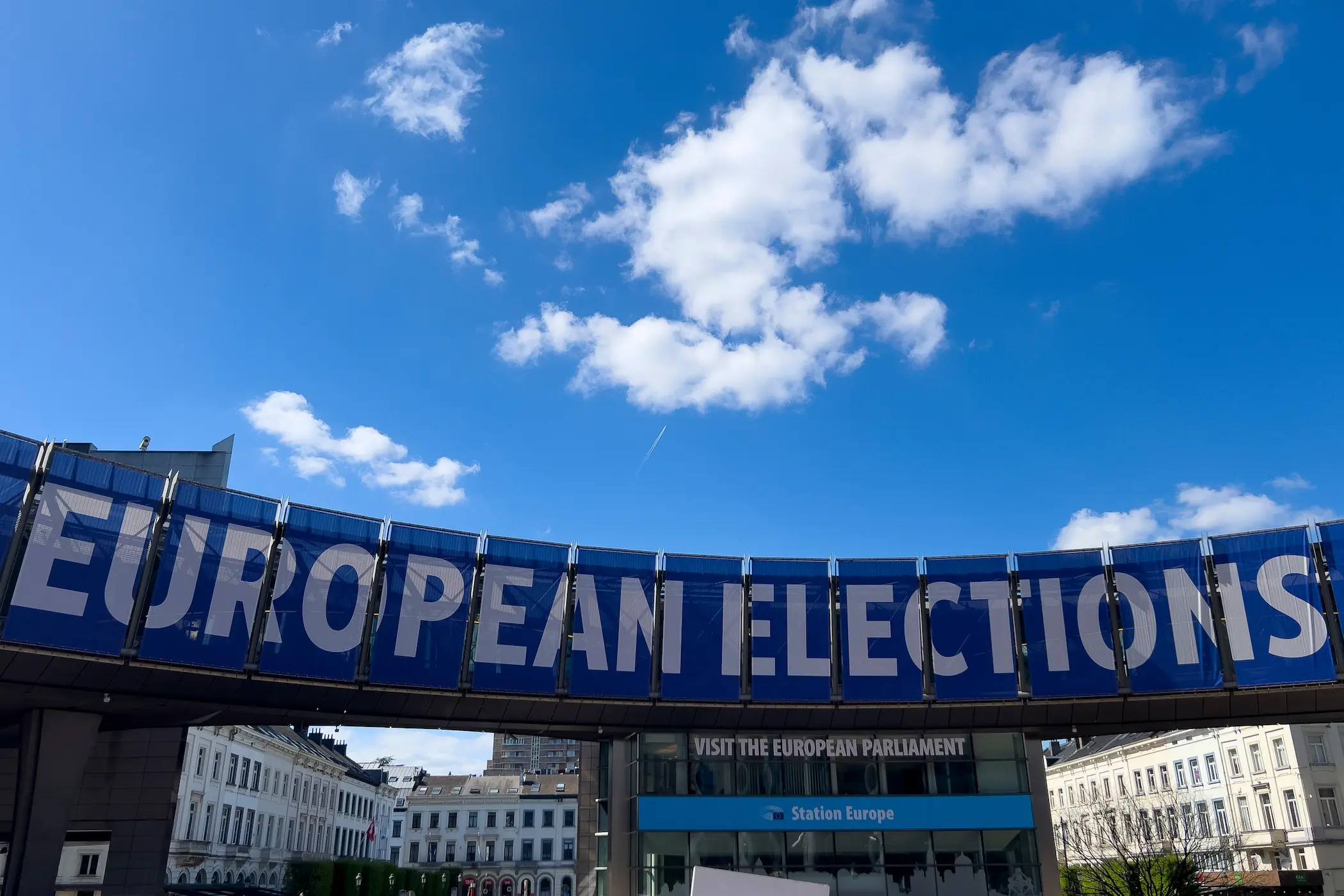
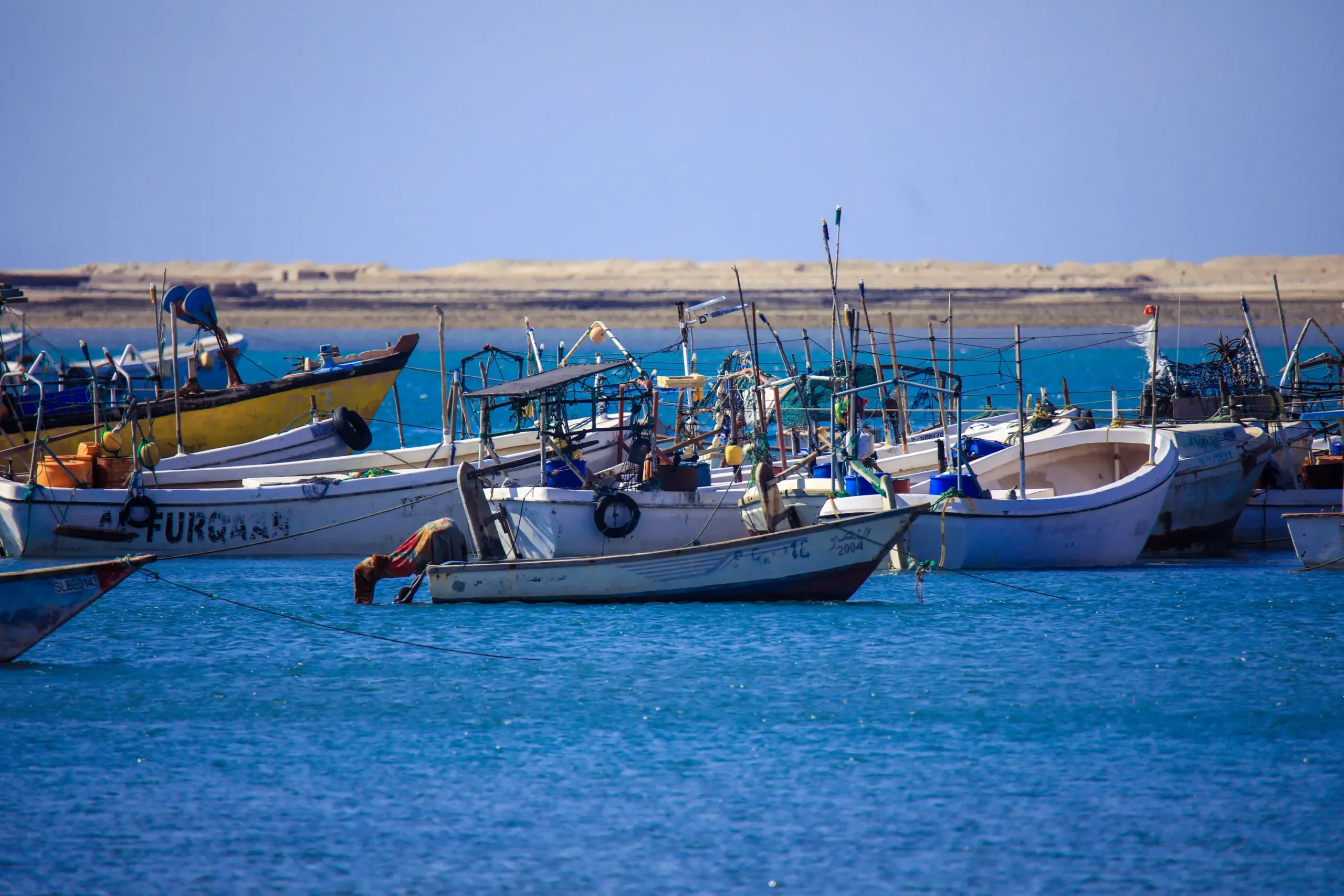
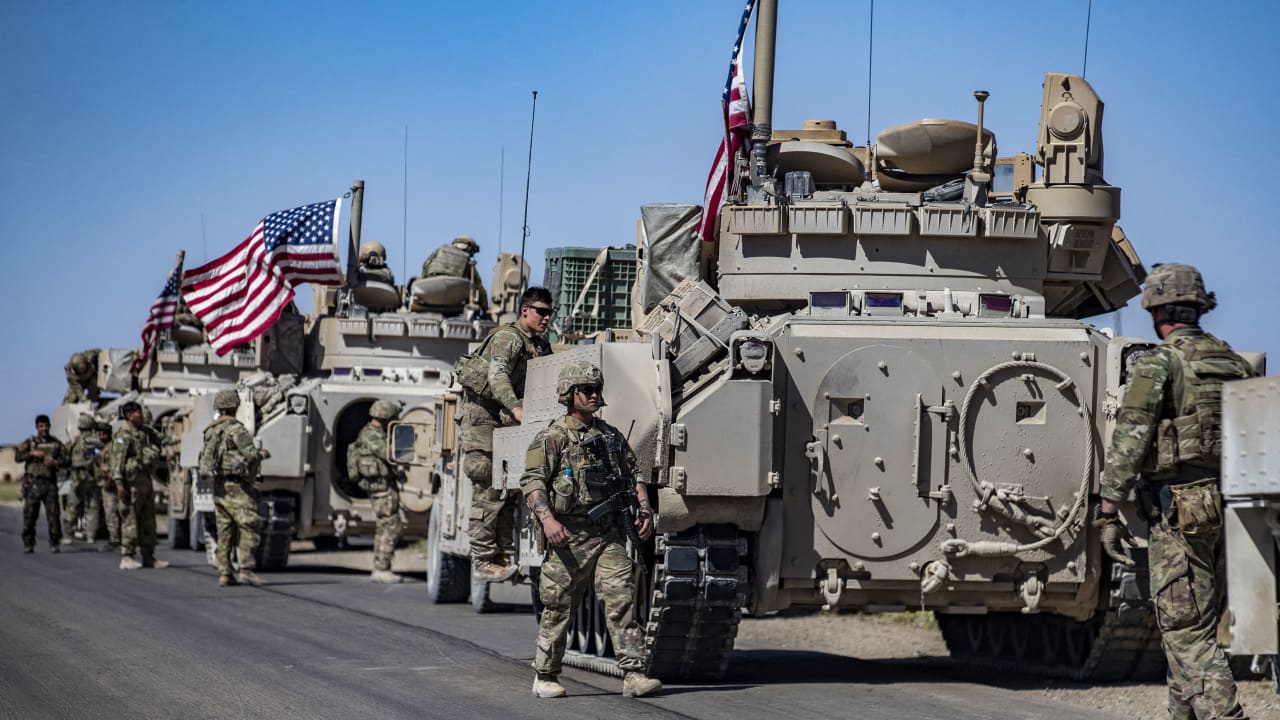
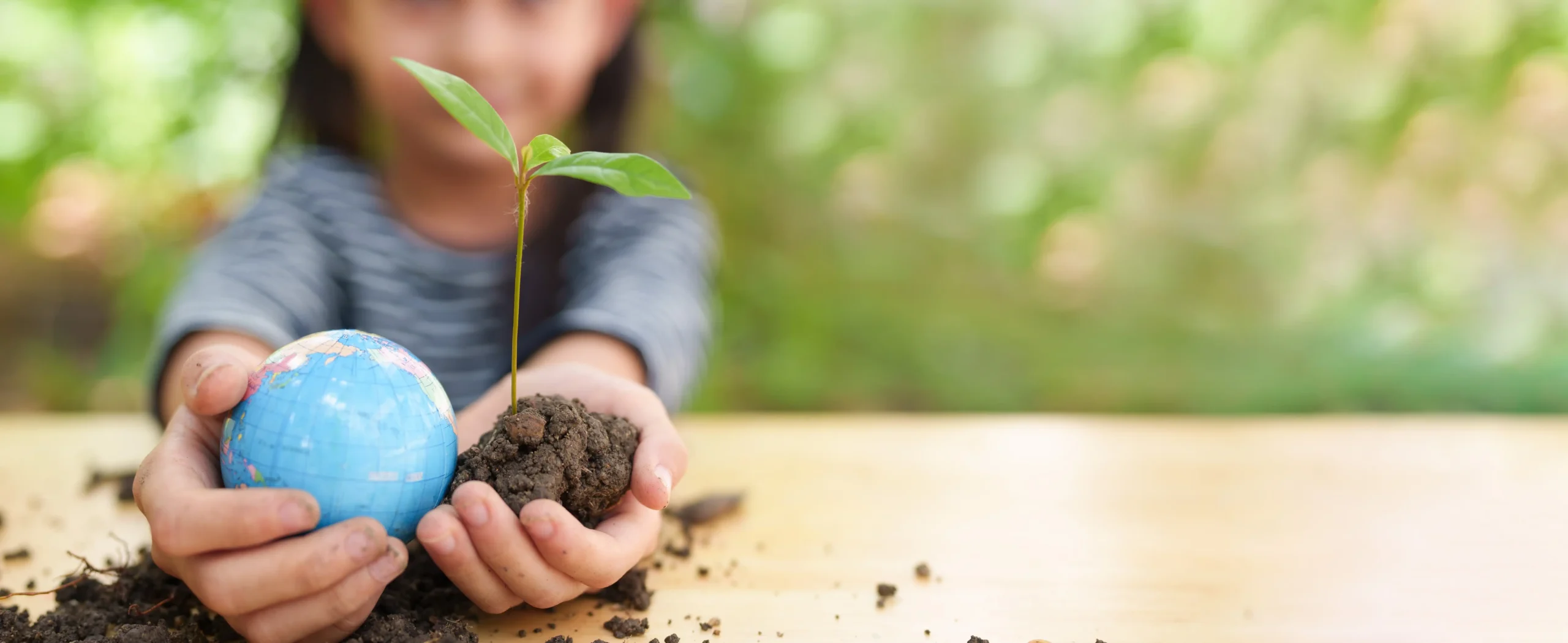
Comments